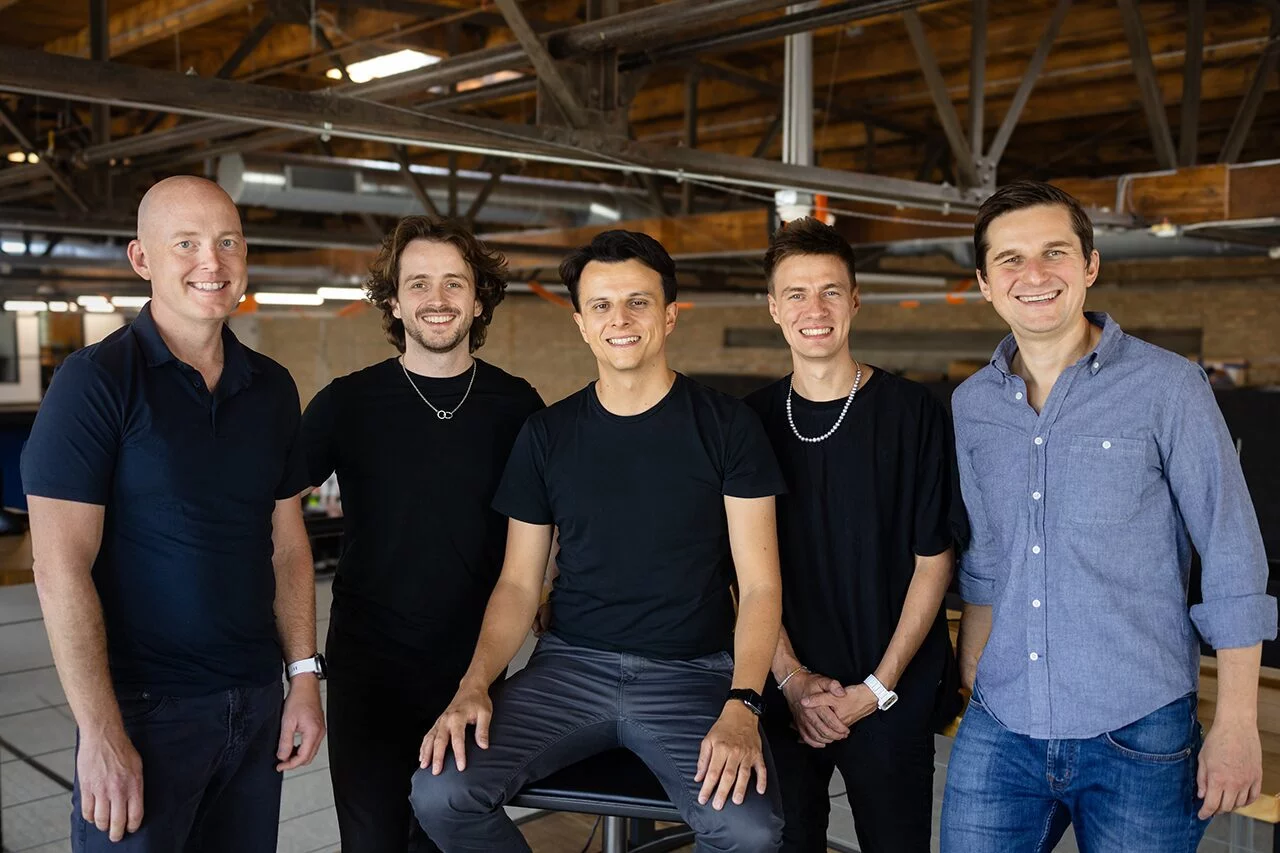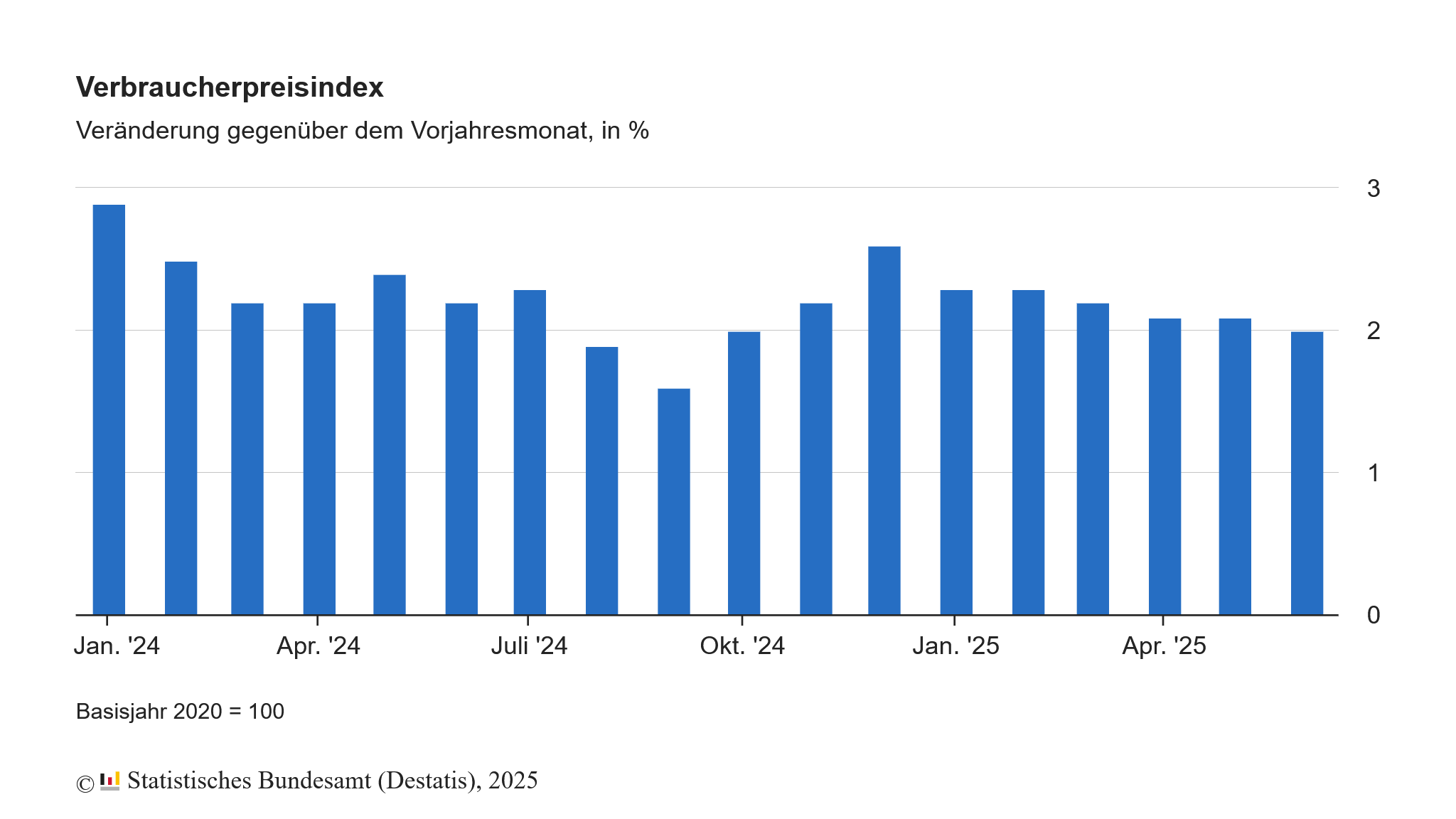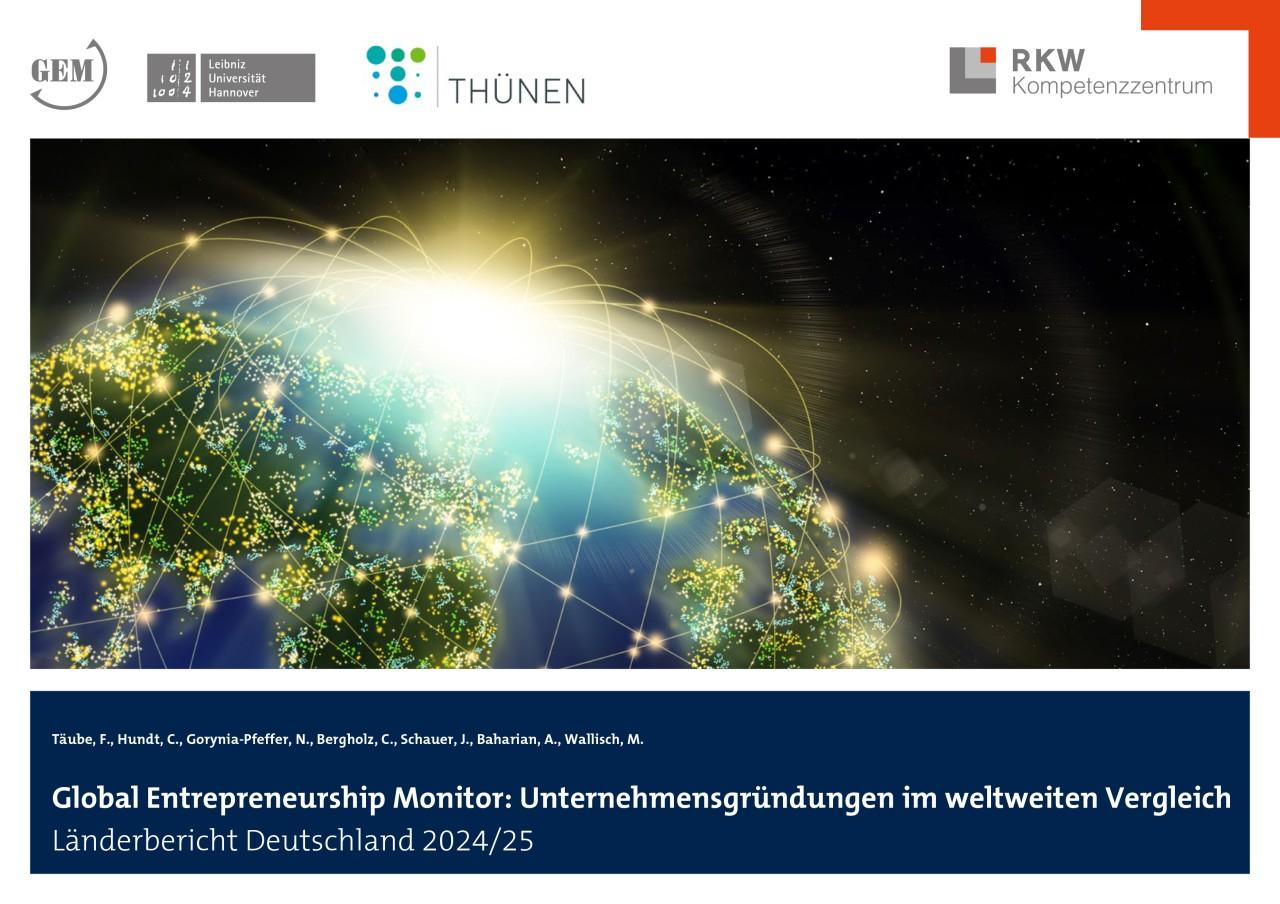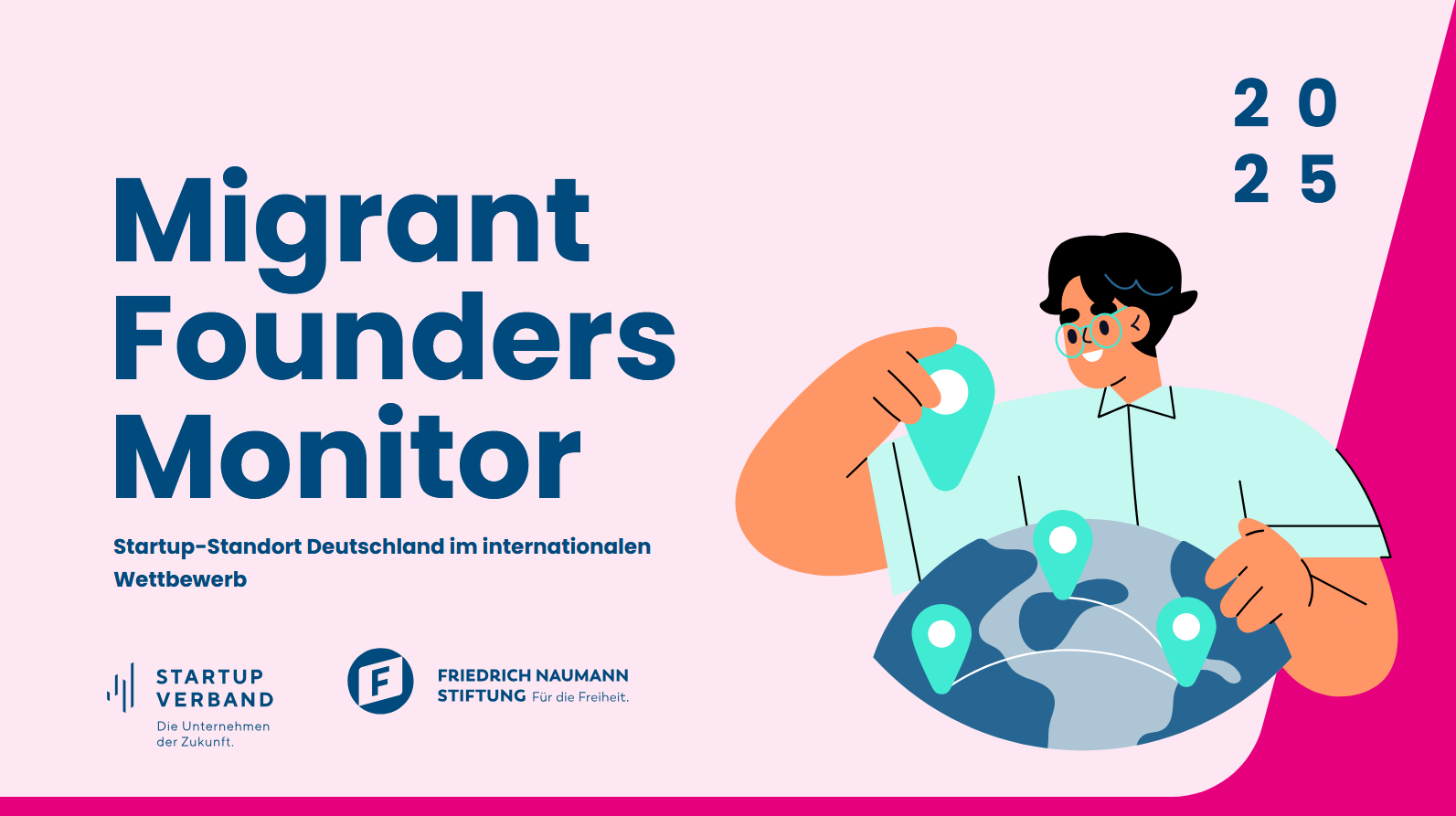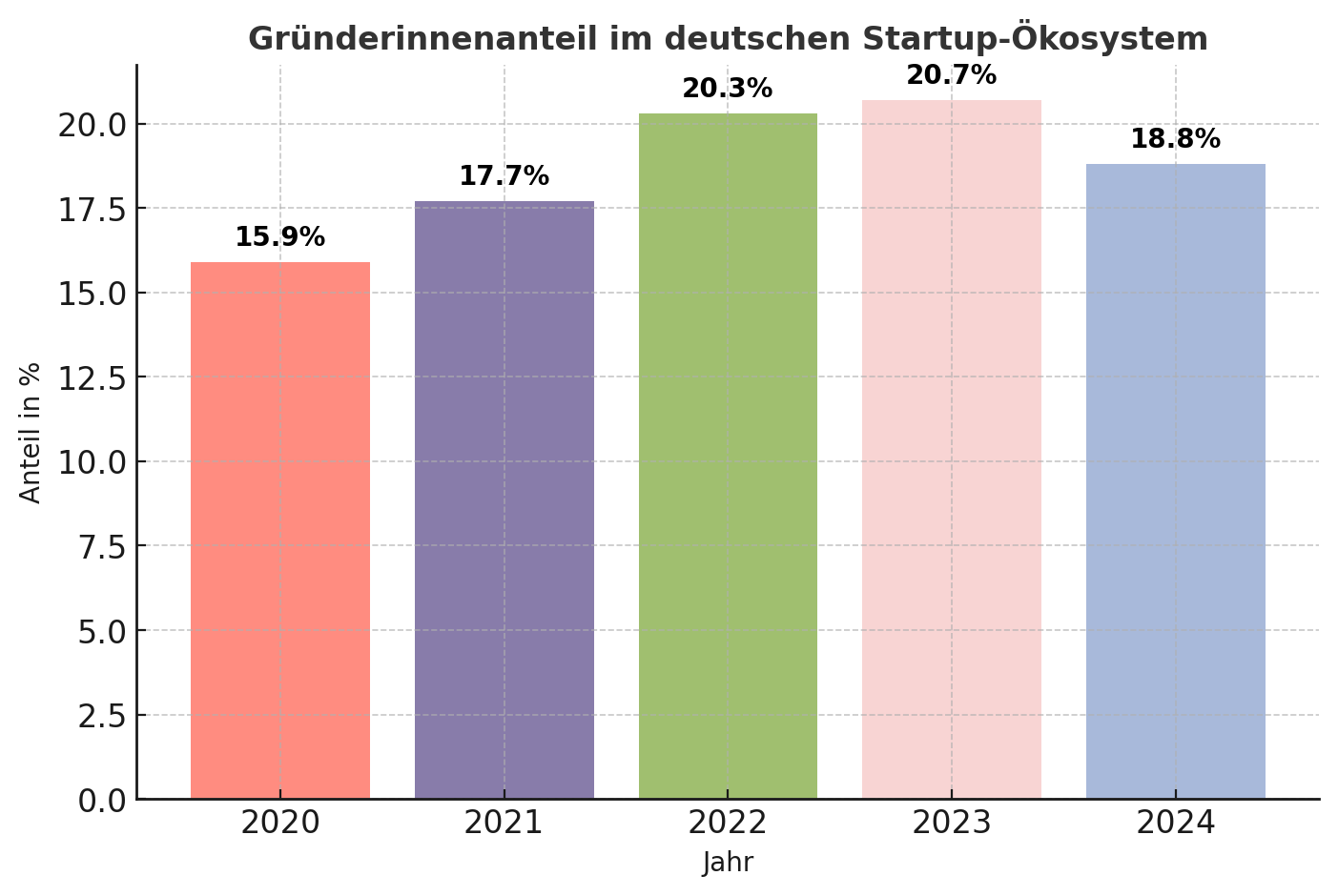Quite modern

More and more start-ups are competing with lawyers when it comes to simple legal services. Providers such as Flightright are enjoying great success. But some business models are also controversial.
1800 federal laws, hundreds of ordinances at federal and state level: Germany is a country of regulations. Many things are still regulated on paper, and technical innovations such as the digital lawyer's mailbox are just as difficult to implement as the digital patient file. Accordingly, the legal sector is considered by some to be entrenched.
Both young start-ups and established players in the industry are preparing to change this. They are pushing into the market for "legal technology", as IT solutions for the legal sector are known. Both for lawyers themselves and for consumers, this is likely to completely change the way in which procedures and processes are handled in the future. At least that's what investors are counting on. In 2019, legal tech start-ups raised more than one billion US dollars worldwide for the first time.
A survey conducted by specialist publisher Wolters Kluwer revealed just how big the change will be. According to the survey, three quarters of all lawyers now have the topic on their radar. In the long term, digital court proceedings could even be possible; Denmark already has digital civil proceedings. The court, lawyers and parties to the proceedings communicate with each other via a specially set up portal. They submit written pleadings there, and the judgment is also uploaded, which means it is deemed to have been pronounced. Submission by post is now only possible in exceptional cases, and not at all in the case of faxes, as Danish courts no longer have the appropriate equipment.
Germany, the legal tech pioneer
And Germany? In principle, legal tech has been around here for decades. The lawyer Josef Kurth from Düren in North Rhine-Westphalia developed "AnNo Text", a law firm software, back in 1978. With this software, lawyers can, for example, dictate digitally and drive forward dunning procedures and enforcement proceedings. The tool spread rapidly with the increasing success of computers.
In recent years, a whole series of ambitious start-ups have joined the fray, striving to digitize legal transactions in Germany. Some are aimed directly at lawyers, such as the Berlin-based contract generator LegalOS. None of the company's three founders are lawyers, but they don't see this as a problem - they are more of an infrastructure start-up. LegalOS offers contract creation software that should make it possible for even laypeople to create a legally watertight contract. An example: If it is decreed at one point that an employee will receive a severance payment, the program reminds the user at another point that they still have to specify the amount of the severance payment.
In fact, many of the start-ups are primarily concerned with simplifying traditional routine tasks. Platforms such as Flightright or geblitzt.de, for example, enable their users to claim compensation from airlines or take action against what they consider to be unlawful speeding tickets.
Flightright is one of the biggest success stories in the German legal tech scene. Founded by Philipp Kadelbach and Sven Bode, the company has been part of the Medien Union media group since 2019, although Kadelbach is still Chief Legal Officer. His company claims to help around 500,000 air travelers per year. They submit their case to Flightright and an algorithm then analyzes whether action against the airline is likely to be successful. If the case is likely to be successful, Flightright has the claim transferred to it and if compensation is ultimately paid, Flightright receives a commission.
Court case about contract generator
In most cases, a simple request for payment is enough, but in cases of doubt, the company also takes more radical measures. In 2017, for example, a lawyer from the company turned up at Vienna Airport with a bailiff to seize a Bulgaria Air plane. The plane was only able to take off because the airline paid at the last minute.
Geblitzt.de takes a similar approach, but here the portal's partner law firms check the claims of potential clients and represent their interests as normal. The check is free of charge; the customer only has to pay if the proceedings are pursued. Geblitzt.de receives money from the partner law firms, which can then use the start-up's software to acquire new clients.
However, the entry of new players into the market is not without friction. For example, specialist publisher Wolters Kluwer and the Hamburg Bar Association have been battling it out in court for years. The trigger is Smartlaw, a contract generator offered by Wolters Kluwer. Consumers can create contracts there themselves. The bar association was of the opinion that this violated the Legal Services Act. This law regulates which services may only be offered by qualified professionals, such as lawyers. At first instance at Cologne Regional Court, the lawyers were upheld, but the Cologne Higher Regional Court ruled otherwise. An appeal by the Bar Association is pending, so it will probably be some time before legal tech providers know exactly how far they can go and which services are still reserved for "real" lawyers.

Newsletter
Startups, stories and stats from the German startup ecosystem straight to your inbox. Subscribe with 2 clicks. Noice.
LinkedIn ConnectFYI: English edition available
Hello my friend, have you been stranded on the German edition of Startbase? At least your browser tells us, that you do not speak German - so maybe you would like to switch to the English edition instead?
FYI: Deutsche Edition verfügbar
Hallo mein Freund, du befindest dich auf der Englischen Edition der Startbase und laut deinem Browser sprichst du eigentlich auch Deutsch. Magst du die Sprache wechseln?







